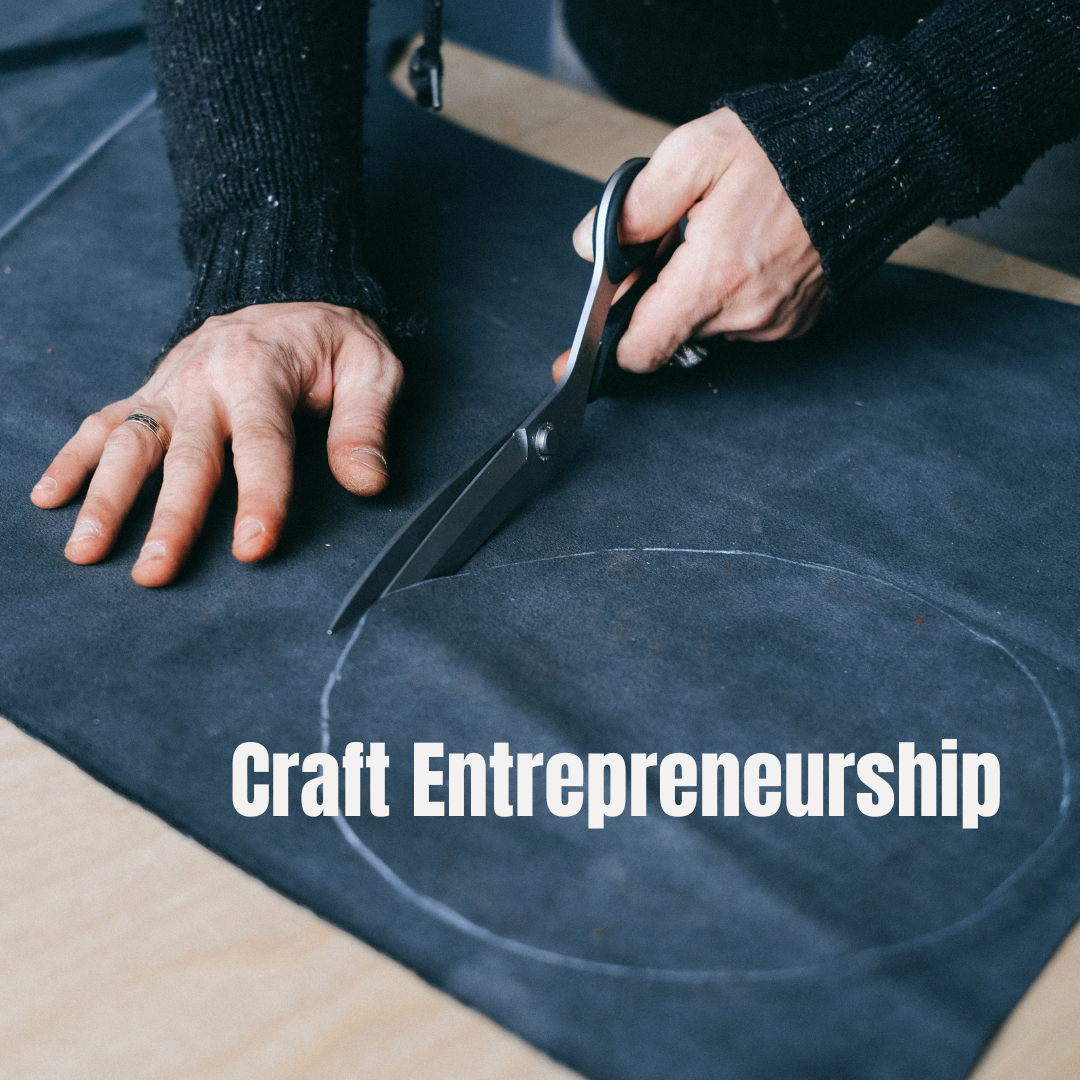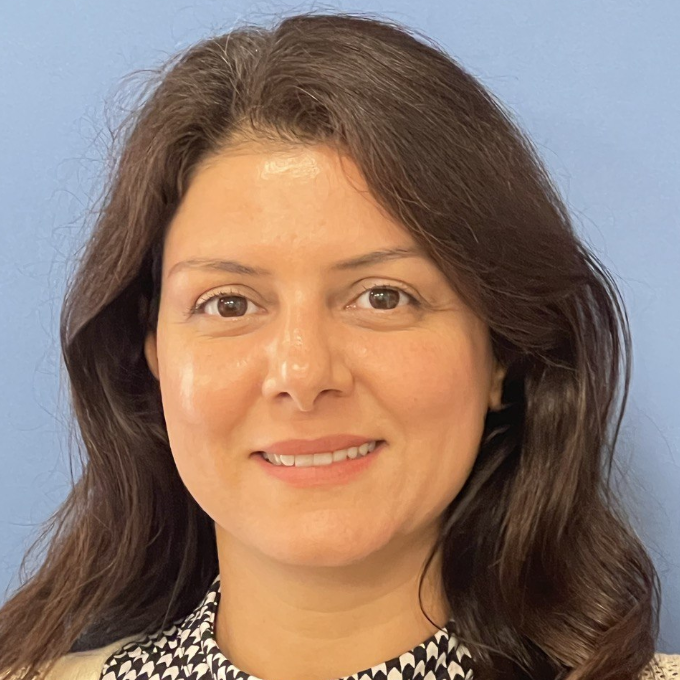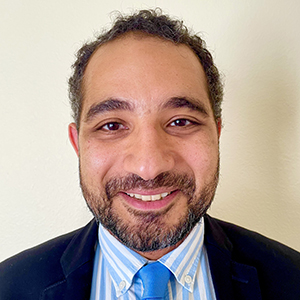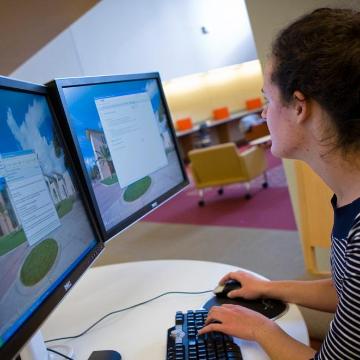- Andy El-Zayaty, Leavey School of BusinessAgeism and Entrepreneurship's Innovative Framing
The goal of this project is to explore the role of ageism in entrepreneurial settings, with a particular focus on the nature of the relationship between entrepreneurs’ framing of their projects and the responses of potential funders to those framings relative to the perceived age of the entrepreneur.
Specific questions we seek to answer are as follows:
- Do older entrepreneurs receive reduced interest from investors in general, relative to younger entrepreneurs?
- Do older entrepreneurs receive a penalty to interest (relative to younger entrepreneurs) from investors when they frame their products as innovative?
- Do these penalties hold when the age of the investor matches that of the entrepreneur, or does age-matching between investors and entrepreneurs eliminate an age penalty?
- Are these penalties related to gender?Learn more about researcher Andy El-Zayaty
- Jo-Ellen Pozner and Jennifer Woolley, Leavey School of BusinessDriving Innovation by Making Space for New Voices in Craft EntrepreneurshipWhere does innovation come from in consumer-oriented craft industries? Preliminary results of the inductive study of craft entrepreneurs in bean-to-bar chocolate and distilled spirits suggests that innovation is driven by the inclusion of people from diverse backgrounds. During the 2024-2025 academic year, this project will complete a deeper dive into this topic by examining relationships among entrepreneurship, innovation, diversity, and inclusion in craft industries. Funding will be used to attend two industry conferences to better understand the field, observe craftspeople at both conferences and in their businesses, recruit new subjects, and transcribe interview data.
Learn more about the researchers Jo-Ellen Pozner and Jennifer Woolley.
- Fatemeh Davoudi, School of EngineeringAssessing the Impact of AI and Assistive Technologies on Entrepreneurial Growth and Workforce Inclusion in Manufacturing
This research examines the transformative impact of Artificial Intelligence (AI) and assistive technologies on the manufacturing sector, with a focus on fostering entrepreneurial growth and creating a more inclusive workforce. By evaluating the current integration of AI and assistive tools, such as passive exoskeletons, the study seeks to understand their potential to redefine business models, market competition, and employment practices.
The study is divided into three interrelated objectives: assessing the role of AI and assistive technologies as drivers of entrepreneurial innovation, analyzing how these technologies contribute to workforce diversity and the inclusion of physically-challenged individuals, and mapping the present state of technology adoption and its perceived benefits and barriers. This approach offers a comprehensive view of the operational, societal, and competitive outcomes shaped by these technologies.Learn more about the researcher Fatemeh Davoudi.
- Kris Mitchener, Leavey School of BusinessRescuing Entrepreneurs through Rebranding
How can one test whether corporate rebranding is a successful strategy? This project examines the value to entrepreneurs of corporate rebranding. The value of a firm’s brand can erode when the existing set of associations of the brand are tarnished. A corporate rebrand potentially sends a powerful signal to stakeholders indicaIng that the firm is undergoing a transformation. This may be crucial for startups and entrepreneurs of new firms since they are trying to establish a distinct identity to compete in their product space. Whether a firm decides to rebrand ultimately depends on the perceived costs and benefits of doing so, but entrepreneurs lack evidence on whether this a net benefit.
Learn more about the researcher Kris Mitchener.
- Jo-Ellen Pozner, Leavey School of Business Colleen Chien, Berkeley LawThe Innovator Diversity Pilots InitiativeAmerica is a remarkably diverse country, but its inventors and entrepreneurs do not reflect this diversity. Although women comprise nearly 50% of the workforce and 27% of STEM workers, they receive only 13% of patents and 2% of VC funding. (Chien 2022) Even less is known about the share of underrepresented minorities among the inventor population. (USPTO 2019) But while the extent of underrepresentation is uncertain by group, the loss to American innovation and entrepreneurship is not. This project aims to address this gap by advancing the Diversity Pilots Initiative to advance high
quality research on innovation and entrepreneurship among diverse innovators and drive greater participation.Learn more about the researchers Jo-Ellen Pozner and Colleen Chien
- Keyvan Kashkooli, Leavey School of BusinessAn Exit, Not an Entrance: Career Mobility and Employment Opportunities for BIPOC FoundersIncreasing entrepreneurship rates in communities of color is recognized as a valued component of efforts to reduce inequality. There is widespread awareness that increasing rates of BIPOC entrepreneurship offers an important path to reduce social inequality.-- This research aims to fill this gap by analyzing the career trajectory of these founders as they exit entrepreneurial ventures whether through a return to the broader labor force or a continuance of entrepreneurial ventures.
Learn more about the researchers Keyvan Kashkooli and Peter Younkin
- Andy El-Zayaty, Leavey School of BusinessThe Future of the Pitch: Crowdfunding Investor Responses to AI Generated Pitches & Imagery
This study takes a closer look at the impact of Artificial Intelligence and Machine Learning Tools on entrepreneurial pitches in a crowdfunding context. This research will address questions like - Does explicitly noting that text or images were generated by AI tools – regardless of whether they were actually generated by these tools – influence the perceptions of potential crowdfunders? For example, if a pitch is marked as being generated by an AI tool despite being written by a human author (or vice versa), does this impact crowdfunder perceptions? The goal of this project is to explore the ways in which potential crowdfunding investors react to AI generated pitches/imagery.
Learn more about researcher Andy El-Zayaty
- Jennifer Woolley, Leavey School of BusinessExploring the Relationship Between Genetic Firm Founders’ Gender and Firm Outcomes and Innovation
Studies have shown a dearth of women in STEM entrepreneurship and innovation and have explored reasons why so few women start firms or take innovation related careers; however, few studies look at those who are thriving in these roles. This research examines examine the relationship between gender, educational background, work experience, and genetics firm outcomes to determine what influences success for women entrepreneurs in STEM fields. This project primarily entails interviewing women entrepreneurs of genetics firms to discuss their experiences starting and growing their companies.
Learn more about researcher Jennifer Woolley.
- Di Di, College of Arts and SciencesReligious Entrepreneurs and Social Media: Religious Influencers as Digital Entrepreneurs
The aim of this study is to understand the experiences of religious influencers as entrepreneurs through interviewing religious influencers on major social media platforms. This process will lead to understanding how religious influencers use innovative and entrepreneurial strategies to reach their audiences, spread their values, and influence their online communities. Interviews will be conducted online with religious influencers based in the US from a variety of religious backgrounds.
Learn more about the researcher Di Di.
- Hsin-I Cheng, College of Arts and SciencesAsian American Women Entrepreneurs’ Engagement in the U.S. Racial Reality
The purpose of this study is to gain a deeper understanding of how Asian American women entrepreneurs of 1.0, 1.5, and 2.0 generation of immigrants engage in racial dynamics in the United States. The second part of this project furthers the research into an applied project. With experiences learned from Asian American women participants, the significant lessons will be translated into narratives. These “critical incidents” of interactions in the forms of narratives will be recreated into virtual reality content and be used for educational purposes. The final product will be the creation of three to five of VR scenarios.
Learn more about the researcher Hsin-I Cheng.
- Zhiquiang Tao and Yi Fang, School of EngineeringFairness-Aware Talent Management System via Meta Attribute Learning
In recent years, artificial intelligence (AI) and machine learning (ML) based talent management systems have been widely developed to improve recruiting efficiency with large-scale applicants. As a rough estimation, such AI/ML-aided systems have landed in 33% of organizations to assist the processes such as talent search, hiring decision, performance assessment, etc. While these “intelligent” systems greatly facilitate the whole recruitment process, one critical question raises–Are these methods smart enough to make a fair decision?
In this project, the researchers will design and develop a fairness-aware talent management system, which aims to encourage diverse prediction results and alleviate the negative effect from data bias.
Learn more about researchers Zhiqiang Tao and Yi Fang.
- Maya Ackerman, School of EngineeringInvesting in Black Founders: Understanding & Correcting Bias in Venture Capital Allocation
It is well known that the allocation of venture capital funds is highly biased. Yet, despite this wide-spread awareness, bias not only persists, but continues to grow. According to Pitchbook, in 2019, female founders raised just 2.7% of the total venture capital funding invested and mixed gender founding teams received 12.9%. In 2020, funding given to female-only teams dropped to 2.2% with mixed-gender teams receiving just 12.2%. As one of the least represented racial groups in venture, black founders receive only 1% of venture capital funds.
Biases persist despite evidence that diversity offers a performance advantage over homogeneous teams: Racially and ethnically diverse companies are 35% more likely to yield financial returns above their industry medians, and in the United States, there is a positive linear relationship between diversity and financial performance. The same holds for gender diversity.
While it is well-known that entrepreneurs’ race and gender play a role in investor decision making, commonly held beliefs on how bias manifests and what should be done to address it are fraught with error. It is as such unsurprising that efforts to help women and minority founder entrepreneurs are proving ineffective. Lacking an accurate understanding of the situation, well meaning efforts continue to fail and at times even exacerbate the problem.
Learn more about researcher Maya Ackerman.












